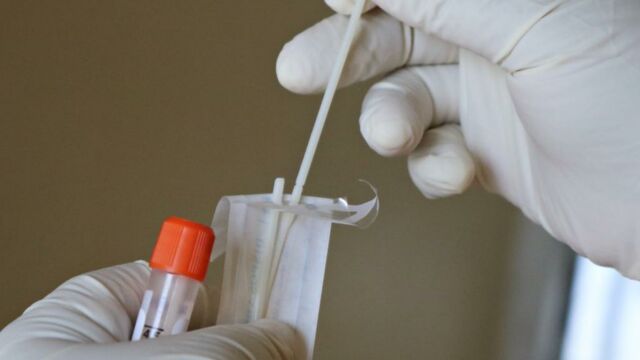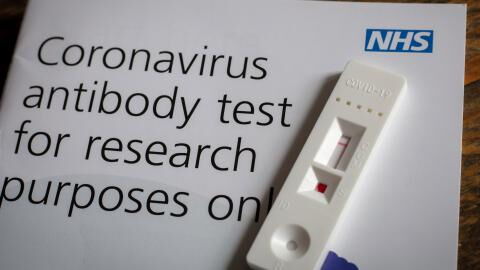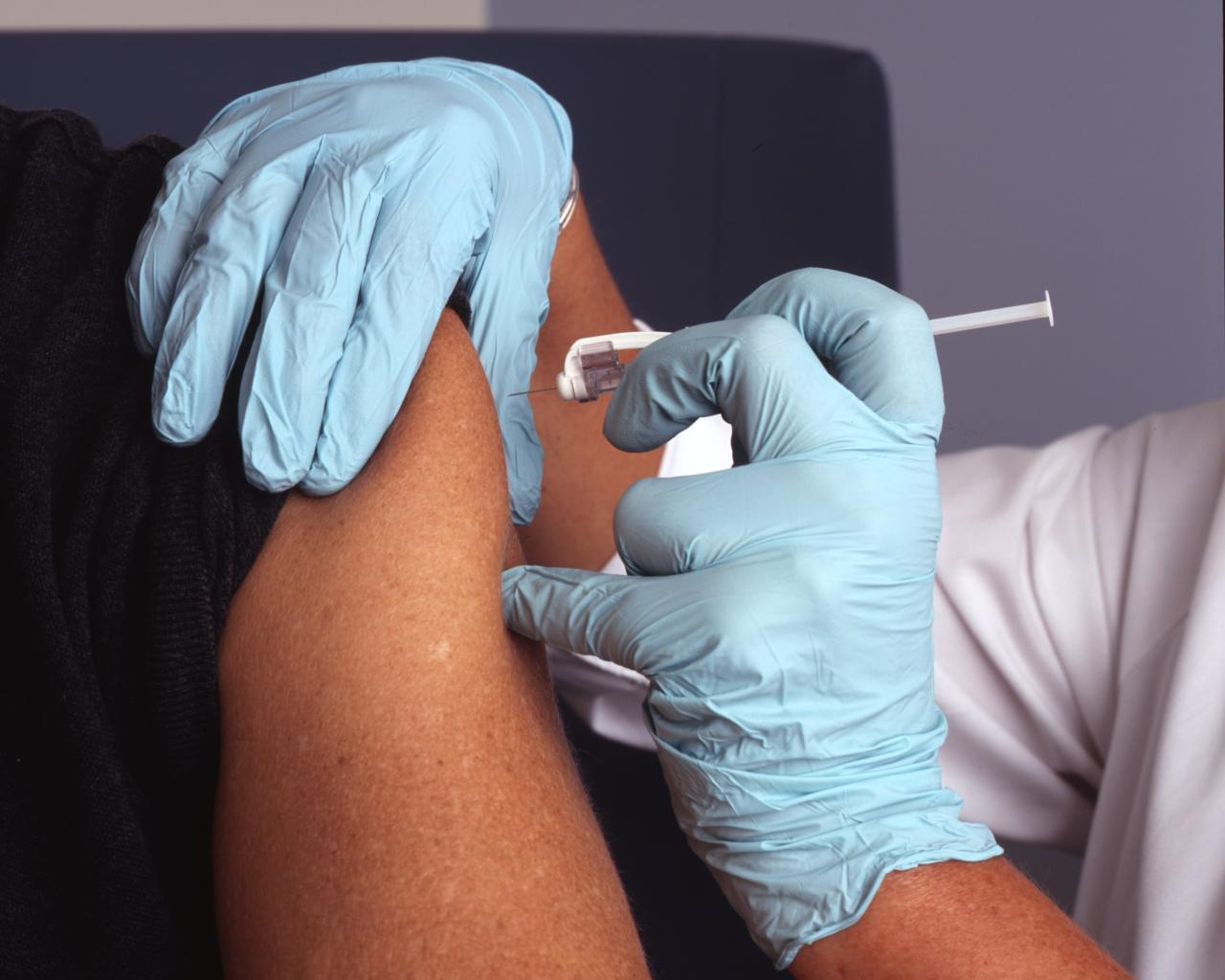The NHS is asking women in the UK to try out 'do-it-at-home' smear tests to encourage greater screening as a way to detect HPV to prevent it from developing into cervical cancer.
Discover our latest podcast
Self-sampling to de-stigmatize HPV testing
Experts believe there is still stigma attached to HPV testing as many women report experiencing embarrassment, cultural barriers and worries surrounding COVID-19 exposure when visiting clinics and hospitals.
The pandemic has especially affected the amount of tests that were suppose to be carried out and eventually prompted calls for home-screening kits from cervical cancer charities.
Similar to what is being done in Australia and Denmark, self-sampling involves inserting a cotton bud inside the vagina to take a sample before being sent by post for further testing.
Early detection crucial to prevent cervical cancer
King's College London's Dr. Anita Lim, who is leading the YouScreen trial, said:
Women who don't come for regular screening are at the highest risk of developing cervical cancer. So it is crucial that we find ways like this to make screening easier and protect women from what is a largely preventable cancer. Self-sampling is a game-changer. This simple and convenient swab means it can be done in the privacy and comfort of your own home.
The NHS is specifically asking women between the ages of 25-64 who are overdue for a check up and living in Barnet, Camden, Islington, Newham or Tower Hamlets to consider taking up the offer of self-testing at home by being provided with a kit from their GP or in the post.
If results from the at-home smear test come back positive, the next step will be an invitation to consult their GP for a standard smear test to more closely examine the cells of their cervix.
Cancer Research UK has yet to confirm the level of efficacy and accuracy of the self-sampling kits.















